NTD control in Syria
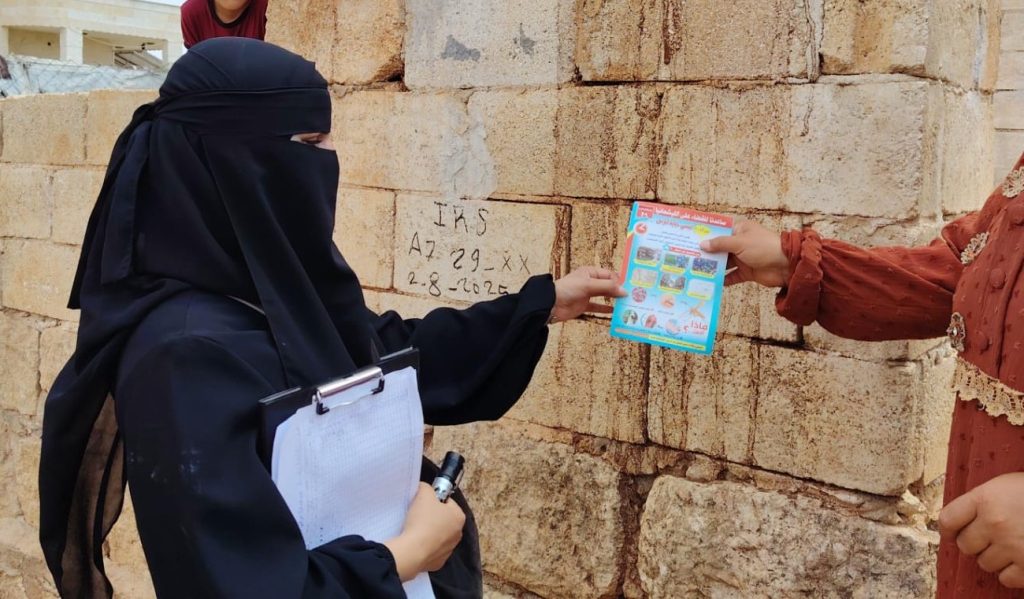
Over 93,000 homes and 51,600 temporary shelters across Aleppo and Idleb Governorates were sprayed with WHO-approved insecticide to address the high threat of cutaneous leishmaniasis in the region. MENTOR carried out the large-scale Indoor Residual Spraying (IRS) campaign in northwest Syria between May and September 2025 to protect more than 799,000 people, including many that have […]
New Vector-Borne Disease Units open in Syria

MENTOR recently opened two Vector-Borne Disease Units in Azaz and Idleb City as part of ongoing efforts to address the high rates of leishmaniasis in northern Syria. These unique units, funded by The Aid Fund for Syria, provide free diagnosis, treatment and essential medicines for patients, and coordinate wider prevention and care through 48 health […]
World Humanitarian Day

On World Humanitarian Day (19 August) we honour those working tirelessly in fragile, complex settings to protect and save lives. We join the call for protection, accountability and action to support humanitarian workers carry out their work and for people affected by crises around the world. The humanitarian system is underfunded, overstretched and under attack. […]
WHO recommends new vector control tools for malaria
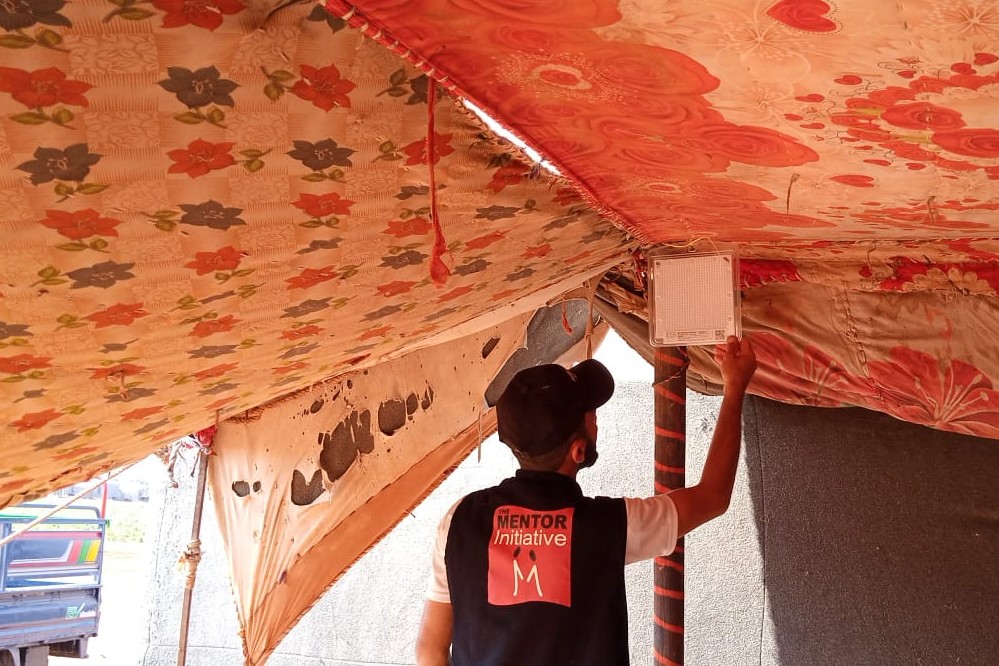
The World Health Organization has issued a new recommendation for the use of spatial repellents, an innovative vector control tool for the control of malaria. This new class of spatial emanators emit transfluthrin into the air repelling and killing mosquitoes whilst being safe for people. WHO’s prequalification of SC Johnson’s Shield and Guardian spatial repellents […]
Research from spatial repellent trial in Syria published in BMC Medicine journal
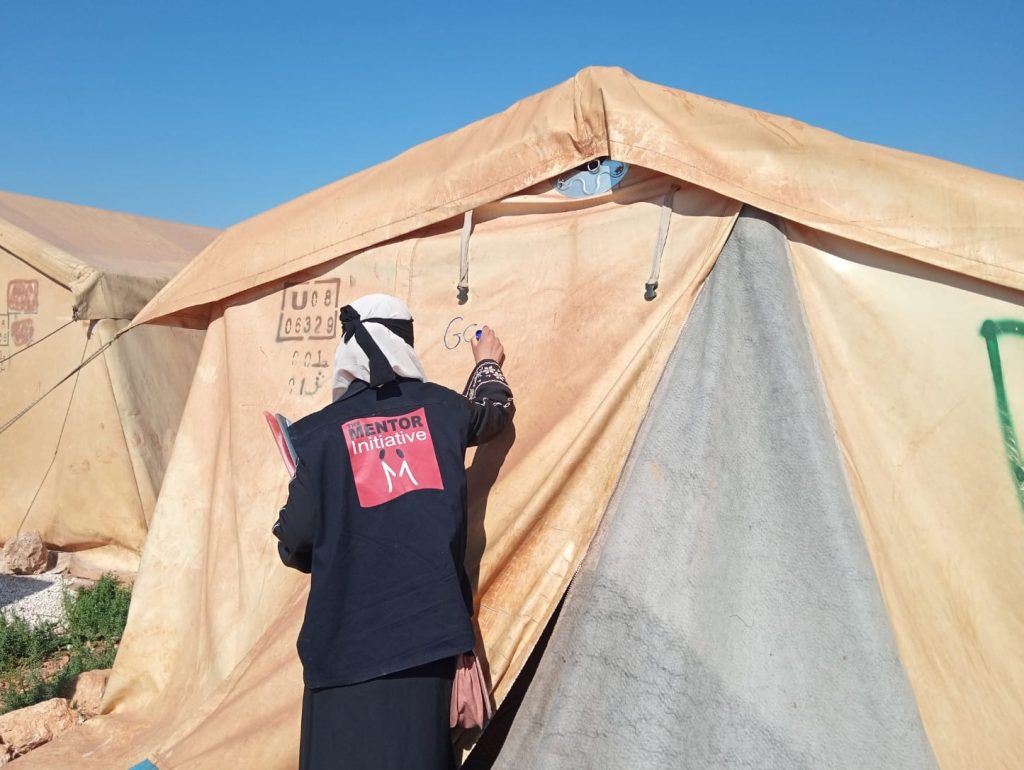
Research from a trial evaluating the efficacy of Mosquito Shield™ spatial repellent in reducing cases of cutaneous leishmaniasis in displacement camps in North-East Syria was published in BMC Medicine journal on 3 July. The results are significant and provide the first demonstrable impact of spatial repellents on cutaneous leishmaniasis (CL) transmission, particularly in fragile, humanitarian […]
Enhancing protection against vector-borne diseases in forcibly displaced communities: evaluating the efficacy of spatial repellents for cutaneous leishmaniasis control in North-East Syria
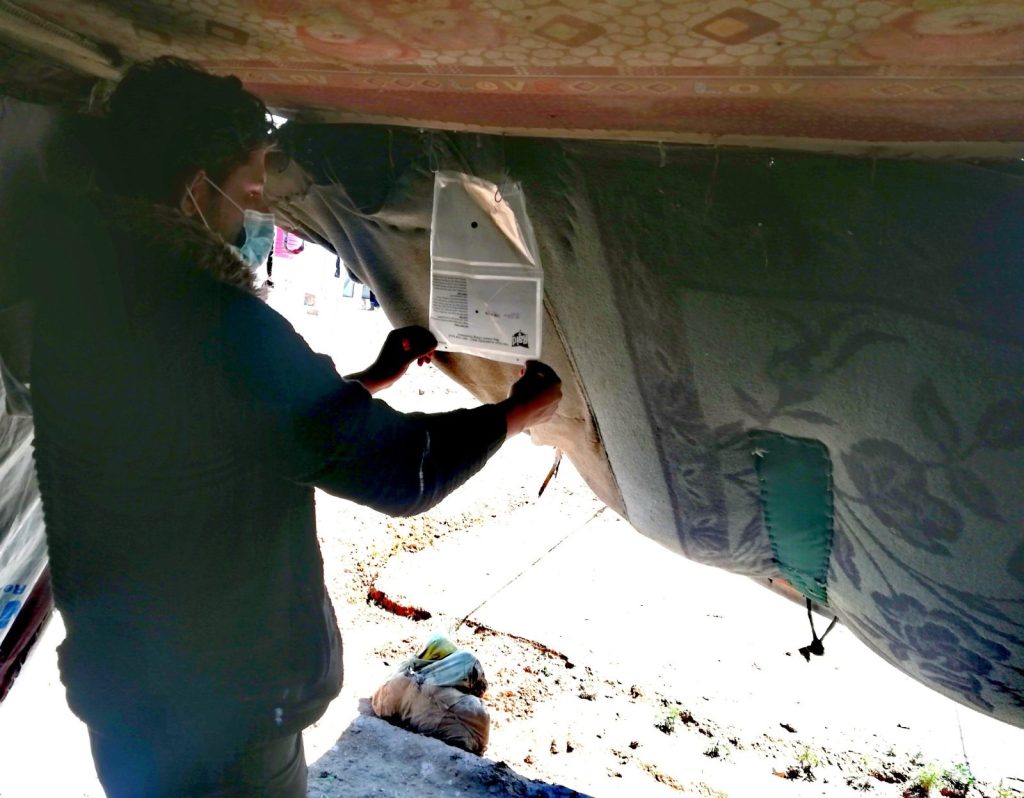
In Syria, during the 14 years after the outbreak of civil war, 16.7 million people have been forced to flee their homes, of which 7.2 million remain internally displaced in 2025. Breakdown in waste management caused by aerial bombardment has created ideal conditions for cutaneous leishmaniasis (CL) transmission, vectored by phlebotomine sandflies. Displaced populations reside in […]
Annual meeting for global tropical research, 13 to 17 November 2024
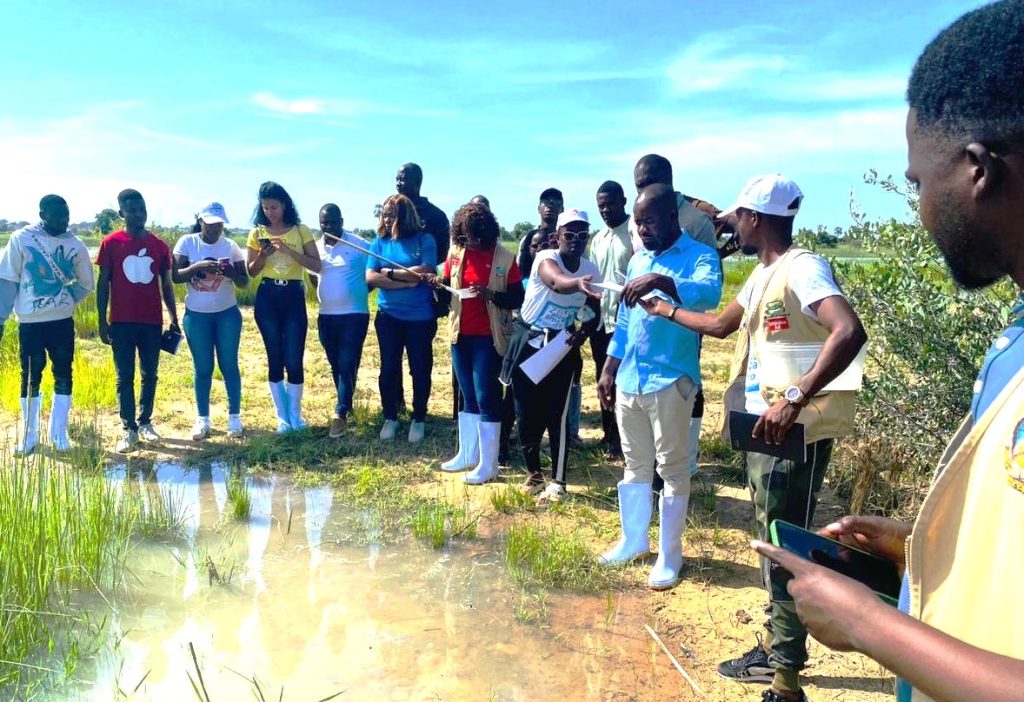
The MENTOR Initiative is back at the American Society of Tropical Medicine and Hygiene (ASTMH) annual meeting sharing insights from our programmes and learning from important research from across the world on tropical diseases management. MENTOR is once again presenting research on a range of topics aimed at showcasing our work in some of the […]
NTD control in northern Syria
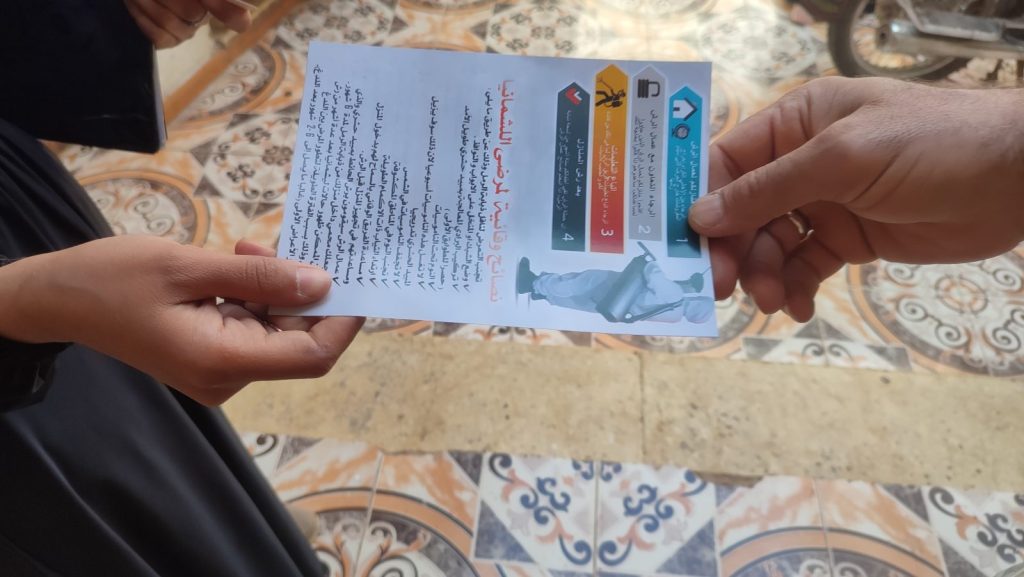
Northern Syria continues to face one of the most severe humanitarian crises globally after more than a decade of conflict. This has led to a significant loss of life, widespread displacement and a strained health infrastructure. Despite these challenges, millions of internally displaced persons (IDPs) have settled in the region, putting pressure on an already […]
World NTD Day 2024
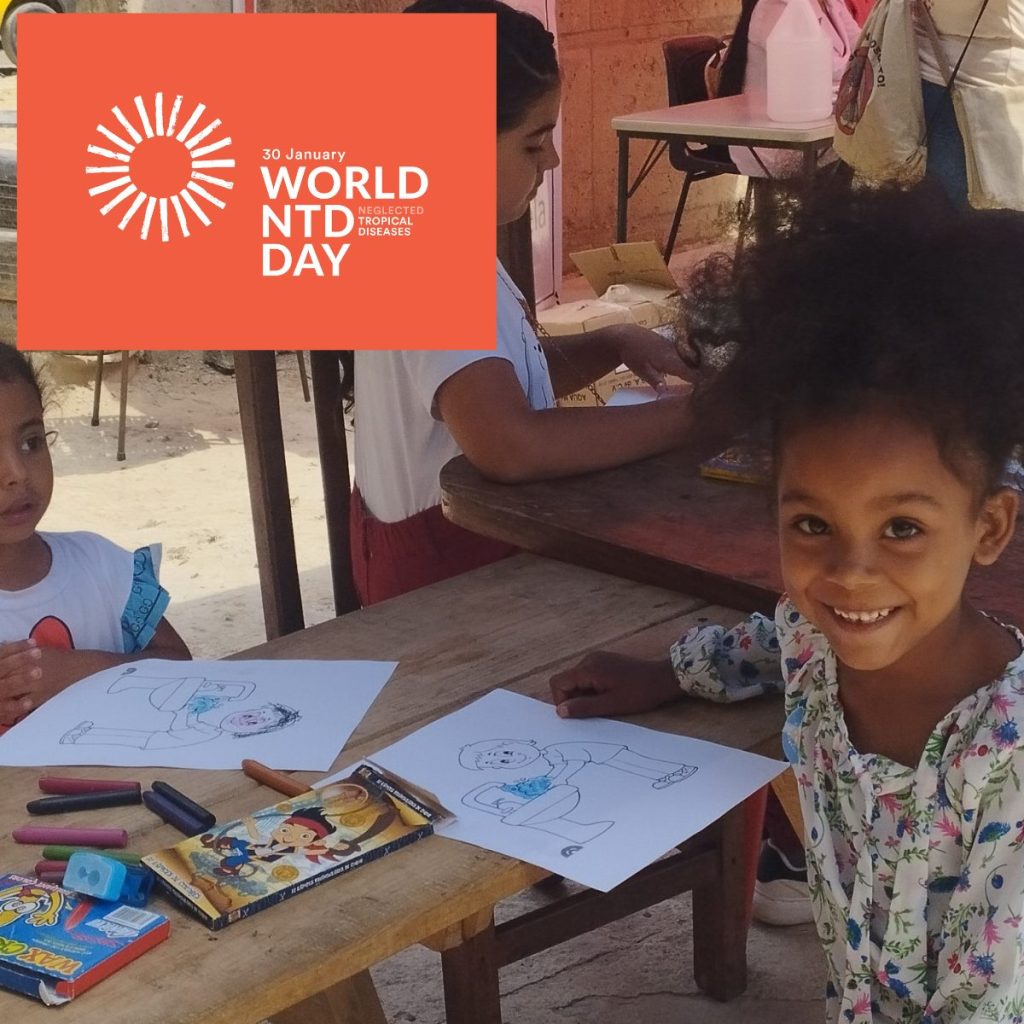
The MENTOR Initiative has been working to reduce the burden of Neglected Tropical Diseases for around 13 years across a wide range of contexts. Conflict, displacements, flooding, and a lack of infrastructure are some of the challenges our teams have faced to ensure NTD control activities reach underserved communities with limited access to healthcare. Working […]
MENTOR CEO calls for the approval of innovative vector tools to protect against multiple vectors
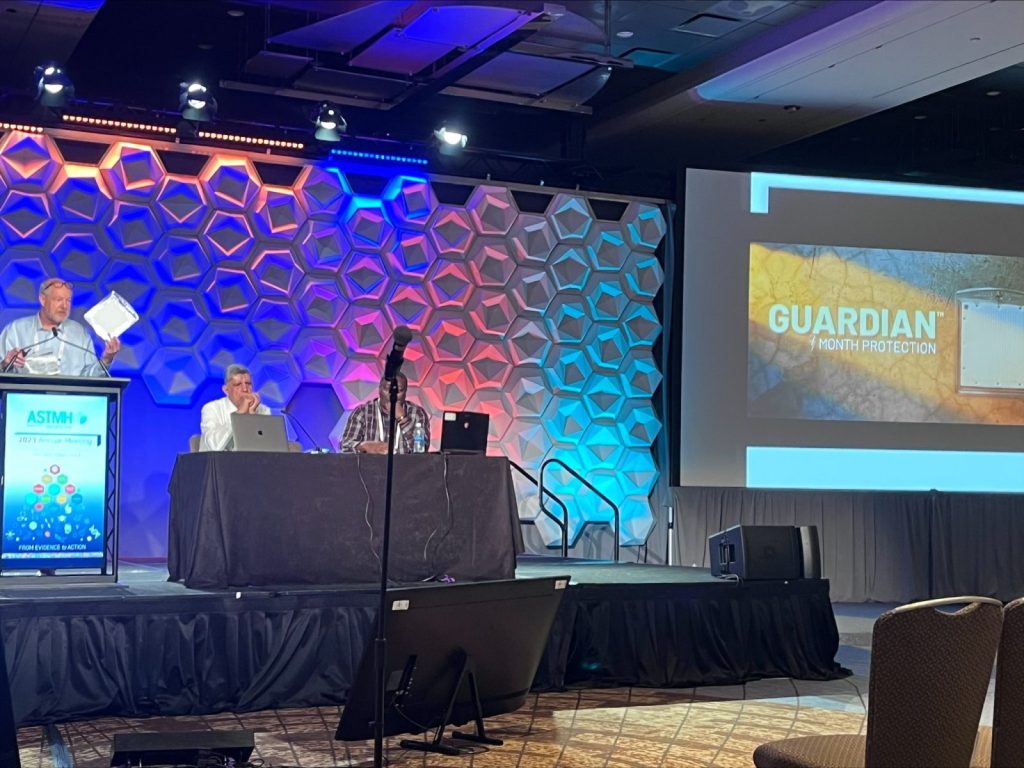
“We urgently need new disease control tools approved to effectively protect people from multiple disease-carrying vectors,” said Richard Allan during his talk at American Society of Tropical Medicine and Hygiene (ASTMH) last week where he presented the results from the trial of SC Johnson innovative spatial repellent, Guardian. The presentation was titled: Gaining control of invasive urban disease vectors: First […]
